Breaking News: Ford Execs Consider Ending F-150 Lightning Production
Executives at Ford are reportedly discussing the potential discontinuation of the F-150 Lightning, the company's flagship electric pickup truck, according to a recent report by The Wall Street Journal. This decision comes after Ford idled F-150 Lightning production in late October to prioritize hybrid and gas-engine versions of the popular pickup.
The discussions are linked to production troubles following a fire at aluminum supplier Novelis factory in Oswego, New York, earlier this year. Ford introduced the F-150 Lightning in 2021 with a base price of $40,000 but struggled to sell more than a few thousand units per quarter. Despite being one of the top-selling electric trucks in the United States, the market for electric trucks has been tough due to the expiration of the federal EV tax credit and relaxed emissions regulations.
Ford had initially planned to build and sell the F-150 Lightning in 2022, but the truck ultimately cost most customers significantly more than its initial price. The company's decision to prioritize hybrid and gas-engine versions of the F-150 may indicate a shift in focus away from electric vehicles.
The immediate impact of this potential decision is unclear, but it could have significant implications for the electric vehicle market. If the F-150 Lightning is discontinued, it may signal a decline in demand for electric pickup trucks and potentially affect the sales of other electric vehicles.
The F-150 Lightning was a significant product launch for Ford, marking the company's entry into the electric vehicle market. The truck features a range of up to 320 miles on a single charge and a starting price of $40,000. However, its high production costs and limited sales have raised concerns about its viability.
As the discussions between Ford executives continue, the future of the F-150 Lightning remains uncertain. If the company decides to discontinue the truck, it may have to re-evaluate its electric vehicle strategy and explore alternative options for its customers.





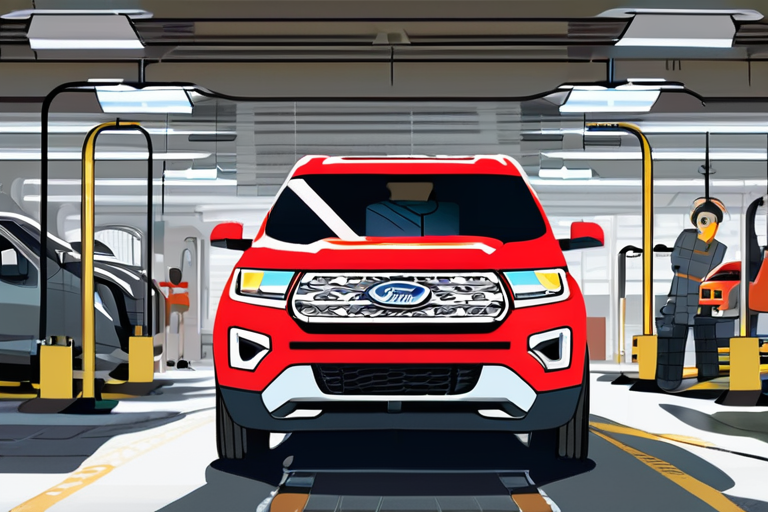

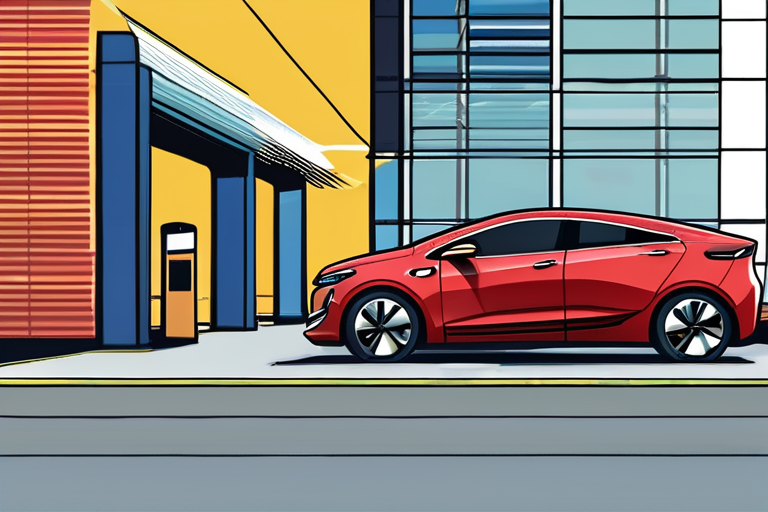


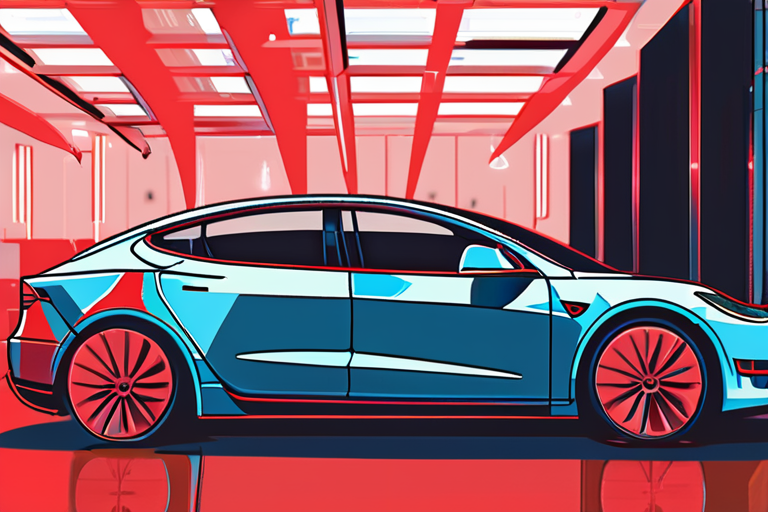


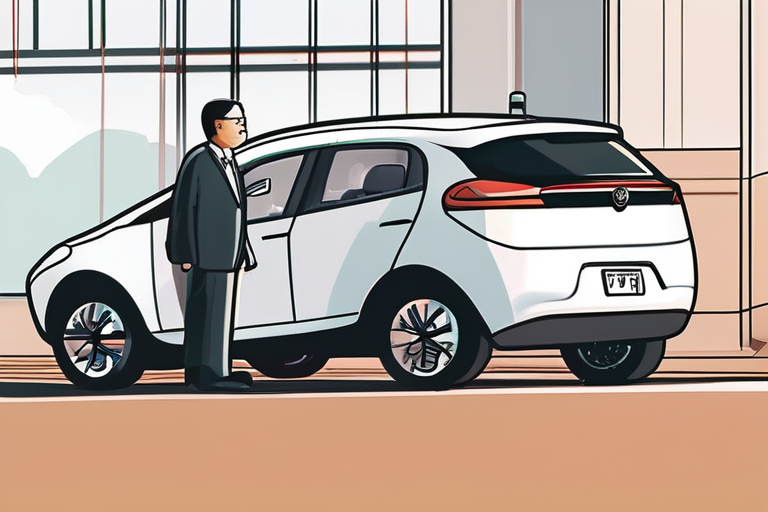
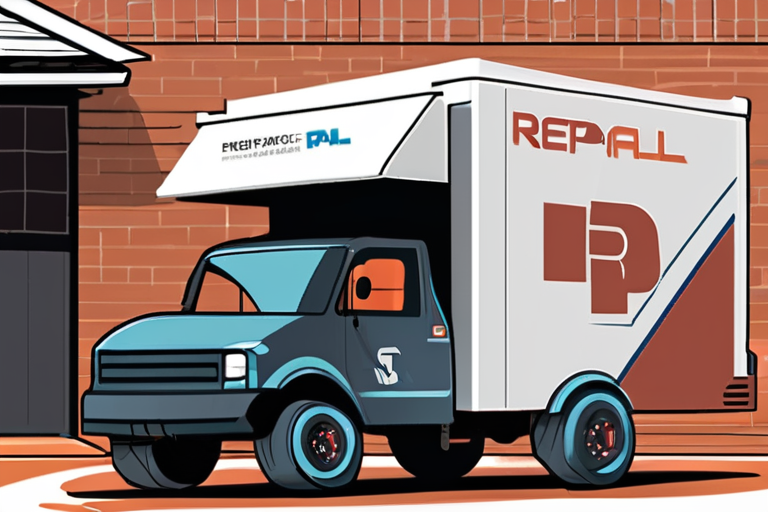

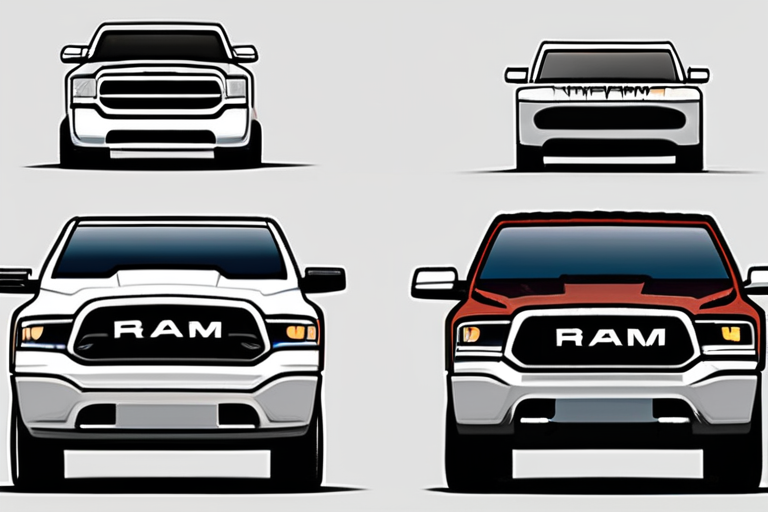
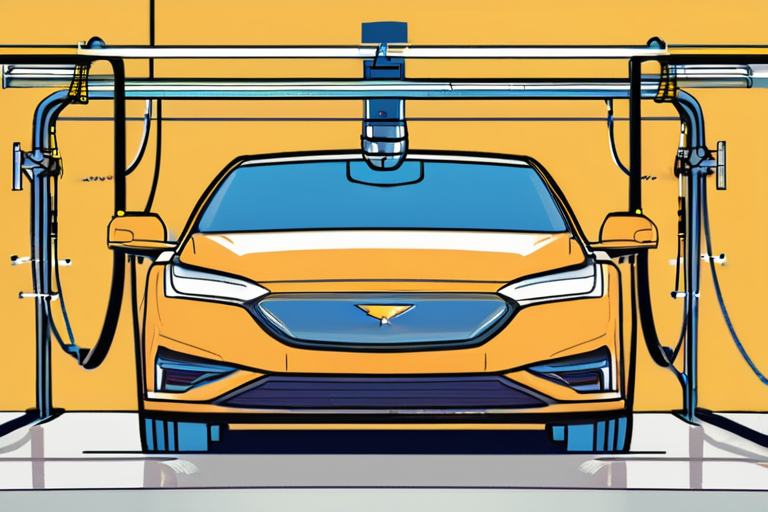
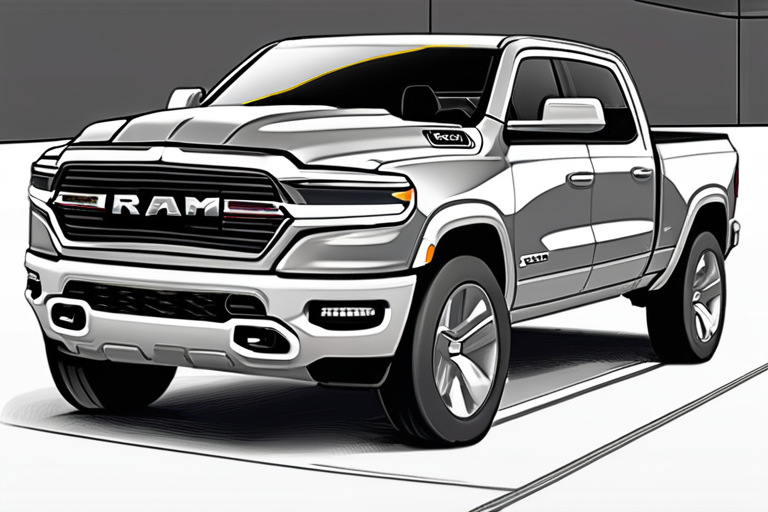

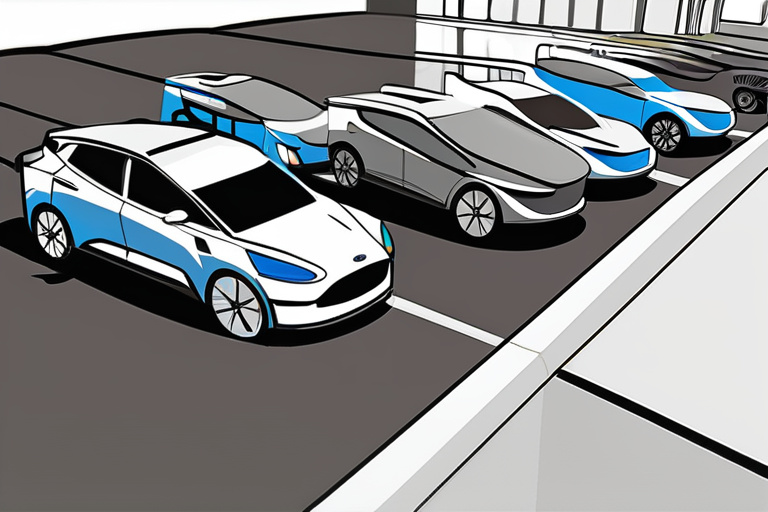
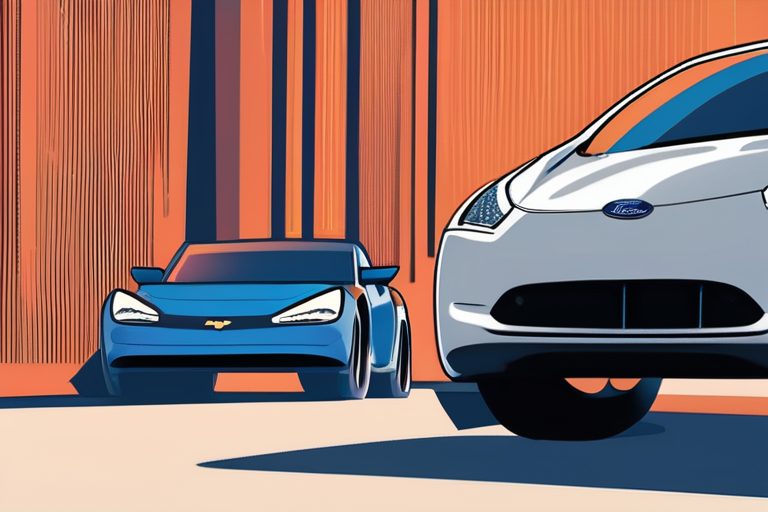

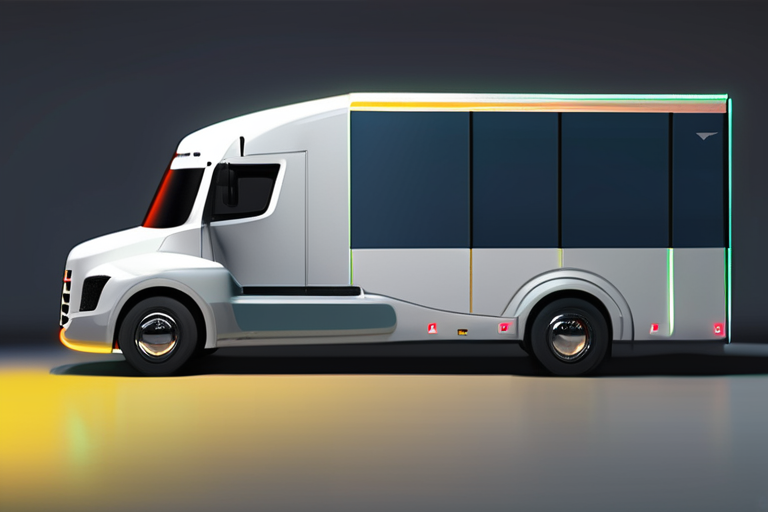

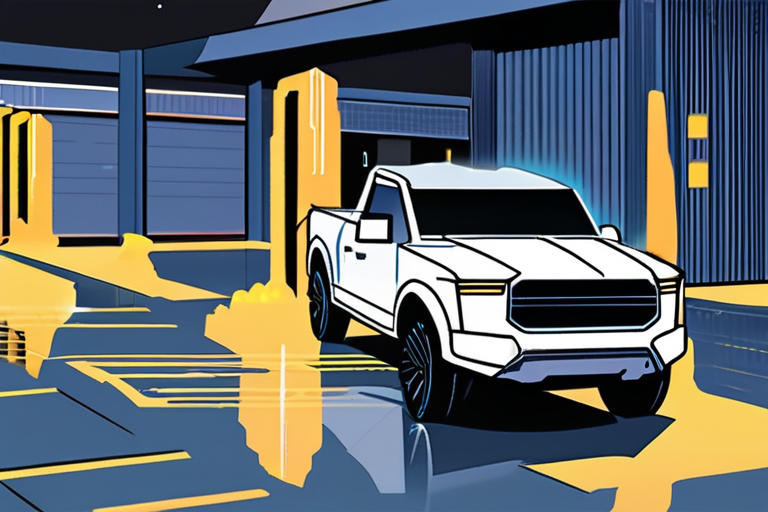
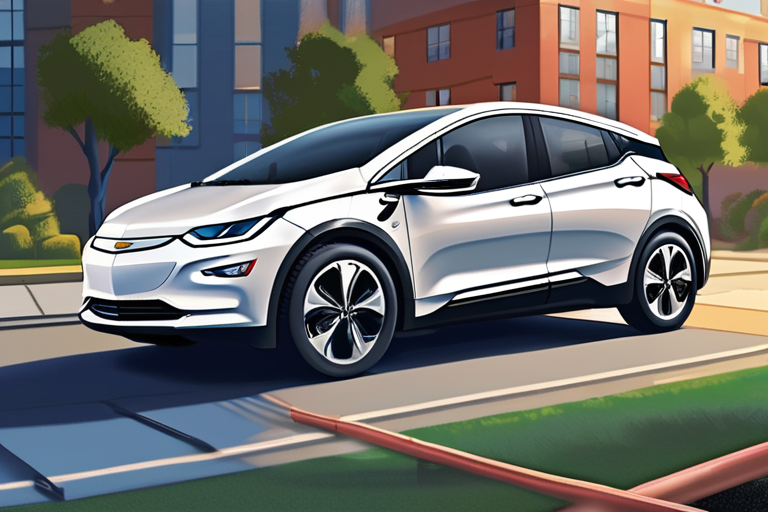
Share & Engage Share
Share this article